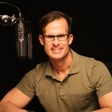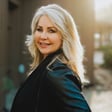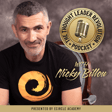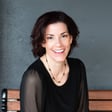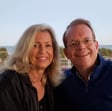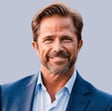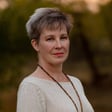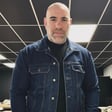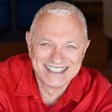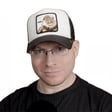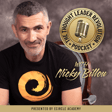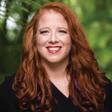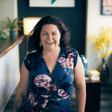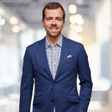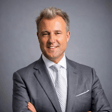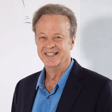
EP620: Michael Ostrolenk - How To Create A Personal PHD
Have you ever wanted to master a subject like fitness, sleep, or stress management quickly and deeply? Imagine creating your own "Personal PhD" to dive into topics that truly matter for your life and well-being.
In today’s world, education isn't just limited to formal institutions. How can you take control of your own learning journey in a way that feels intentional, personal, and transformative?
Breaking down how to design your own "Personal PhD," a self-directed learning path where you control the topics, resources, and goals. Whether you’re looking to master fitness, longevity, sleep, or stress management, you’ll learn how to structure your learning, identify key resources, and apply the knowledge in real life. From curating information to measuring progress, this episode covers everything you need to know to design a personalized learning experience that leads to true mastery.
Joining us again is Michael Ostrolenk, a coach and thought leader with decades of experience in therapy, coaching, and personal development. His "Personal PhD" approach has empowered countless individuals to take control of their education and use it to transform their lives. Michael shares practical steps to create a self-directed learning plan tailored to your interests, fueling exponential growth in every area of your life.
We all have areas we want to improve—whether it's fitness, longevity, or business growth. With so much information available, it's easy to feel overwhelmed. This episode offers a methodical approach to tackle these subjects and make meaningful progress.
IG: @mostrolenk
Website: Michaeldostrolenk.com
Visit eCircleAcademy.com and book a success call with Nicky to take your practice to the next level.
